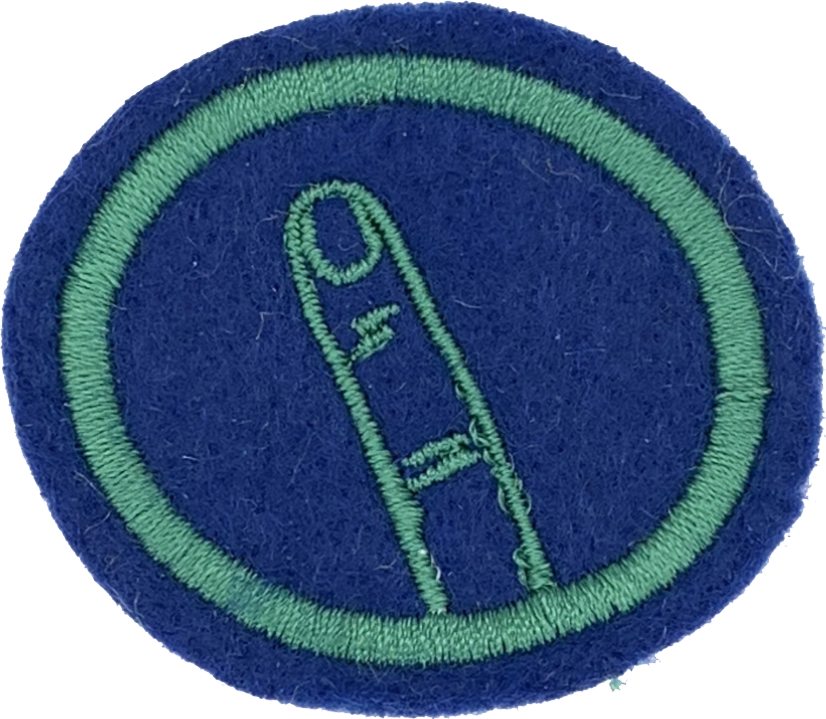Jomegat bot (talk | contribs) (Convert honor_tab to honor_landing *** existing text overwritten ***) |
DesignerBot (talk | contribs) m (insert nowiki-Tag infront of the honor_landing-Template so there is no paragraph infront of the language selector) |
||
| Line 1: | Line 1: | ||
<translate> | <translate> | ||
| − | {{honor_landing | + | <nowiki/>{{honor_landing |
|honorname=Touch | |honorname=Touch | ||
|skill=1 | |skill=1 | ||
Revision as of 23:51, 21 January 2021
| Touch | |
|---|---|
| Regional | |
Skill Level 123 | |
Approval authority British Union | Year of Introduction 2020 |
The most challenging requirement of this honor is probably this:
12. Define and know the difference between safe and unsafe touch.
1. Label and explain the functions of the three main parts of the skin: Epidermis, Dermis, and Subcutaneous tissue (Hypodermis).
2. Define the following receptors in the somatosensory system that enables the sense of touch:
- a. Mechanoreceptors
- b. Thermoreceptors
- c. Pain receptors
- d. Proprioceptors
3. How much of the body does the skin occupy?
4. Why is touch important to human interaction and life development?
5. Explain how the sense of touch changes with age.
6. How do you protect your skin and is it affected by different temperatures?
7. What is hypoesthesia? What do you think it would be like to live without a sense of touch?
8. Do cosmetics help or hinder your skin?
9. Define the following skin disorders/conditions:
- a. Eczema
- b. Actinic keratosis
- c. Rosacea
- d. Warts
- e. Cellulitis
- f. Psoriasis
10. Explain how tattooing can damage the skin and discuss what the Bible says regarding marking the body.
11. Explain how the Bible illustrates touch from each of the following perspectives:
- a. Defilement - Numbers 19:22 / Leviticus 5:2-3
- b. Strengthening and encouragement - Jeremiah 1:8-9 / Daniel 8:18
- c. Healing and grace – Matthew 8:3 / Mark 5:18-29 / Luke 6:19
- d. Sanctification - Isaiah 6:5-7
12. Define and know the difference between safe and unsafe touch.
13. What other areas or parts of the skin are more sensitive than others?
14. Explain some ways in which the sense of touch can be used to convey emotions and what percentage of the time can people communicate via touch.
1
2
2a
2b
2c
2d
3
4
5
6
7
8
9
9a
9b
9c
9d
9e
9f
10
11
11a
11b
11c
11d
12
13
14
References
Content on this wiki is generated by people like you, and no one has created a lesson plan for this honor yet. You could do that and make the world a better place.
See AY Honors/Model Lesson Plan if you need ideas for creating one.


